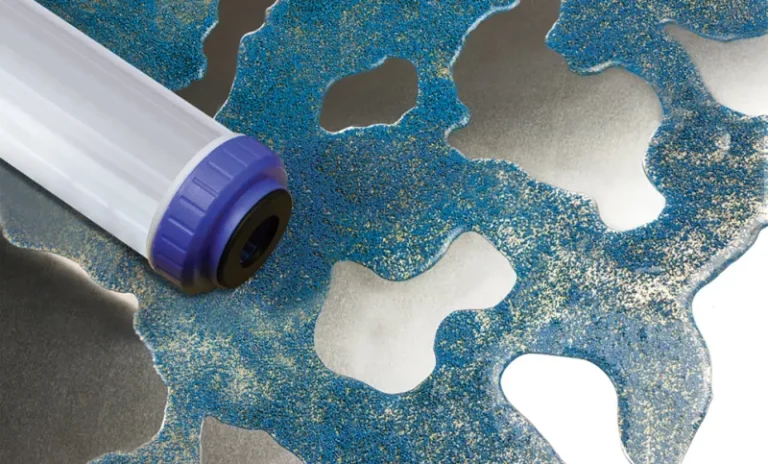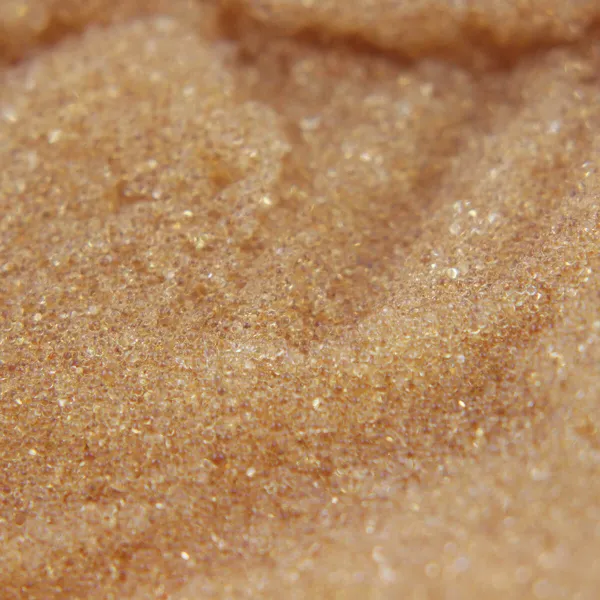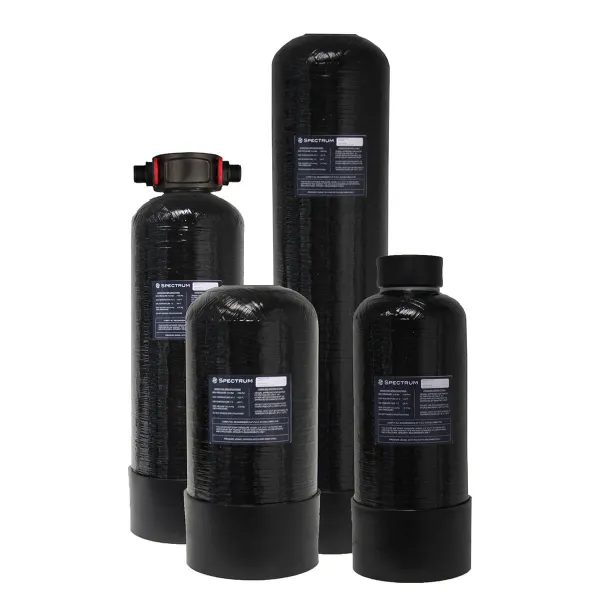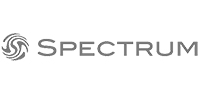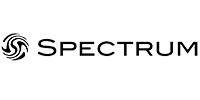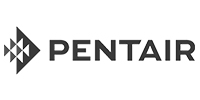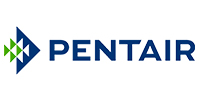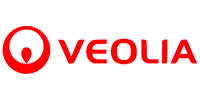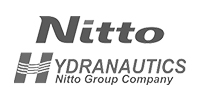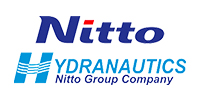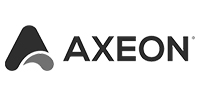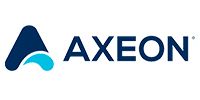Within the pre-commissioning industry, increasing efficiency of closed loop water systems and lowering maintenance cost is achieved using filtration to produce deionised water. However, have you ever thought of treating water for this application for the initial system fills and top-up water?
One advancement that is gaining traction within this industry is the use of deionised water in closed loop systems, and we’re here to tell you why.
The Rise of Deionised Water:
Deionised (DI) water undergoes a purification process to remove ions and minerals. This results in water that is free from any impurities, making it an ideal choice for various industrial applications. In the pre-commissioning industry, the use of DI water has become of key importance for ensuring the efficiency and longevity of closed-loop systems.
Preserving Longevity:
The primary goal of any closed-loop system is to maintain optimal functionality over an extended period. Deionised water achieves this objective by preventing the accumulation of minerals and impurities that can lead to corrosion and damage. The absence of ions in DI water minimises the risk of scale formation, ensuring pipes and components remain free from contaminants that can hinder performance.
Limescale Prevention:
Limescale, a common factor from hard water, can have a detrimental effect on pipes and equipment. The accumulation of calcium and magnesium deposits can reduce the flow of water, decrease heat transfer efficiency and ultimately lead to system failures and higher downtime. Again, DI water at the point of entry can help protect from and prevent limescale growing in pipes.
DI Vessel Units and Indicator Cartridges:
DI vessel units are employed for filling up both domestic and commercial systems. These units use a carefully constructed purification process to remove ions, ensuring water meets the desired quality standards. Additionally, a deionising colour indicator cartridge is installed permanently for top-ups, allowing for continuous monitoring of water quality.
The German Influence:
The use of deionised water in the pre-commissioning industry has gained significant popularity, particularly in Germany. This surge is likely to be from the introduction of the new VDI2035 standard.
This standard recommends filling new closed-loop systems with DI water, setting an example for improved efficiency and longevity in industrial processes. Consequently, the UK has witnessed a surge in requests from the pre-commissioning industry seeking to fill their systems with deionised water.
A Positive Change:
As the pre-commissioning industry continues to work with new innovations, the use of deionised water in closed-loop systems emerges as an important practice. By prioritising water purity at the point of entry, those in this industry can ensure their systems continue to work as effectively as possible, preventing limescale build-up and adhering to industry standards. The success of this approach is already prevalent in Germany and signalling a positive change to the rest of the world.

